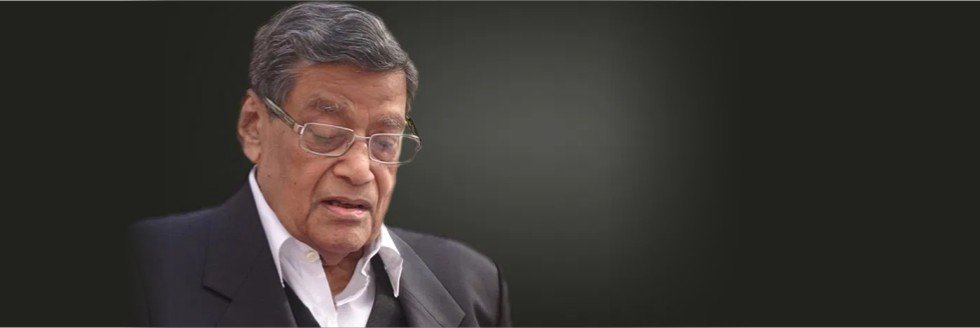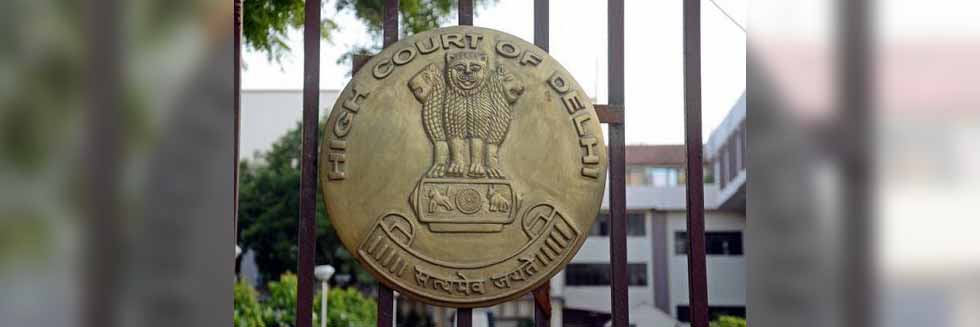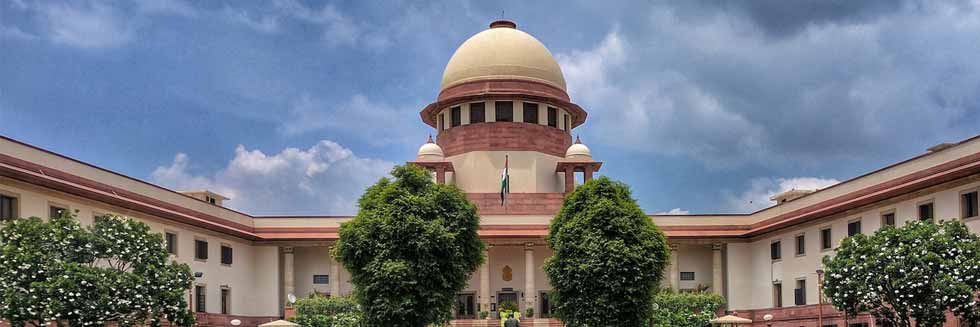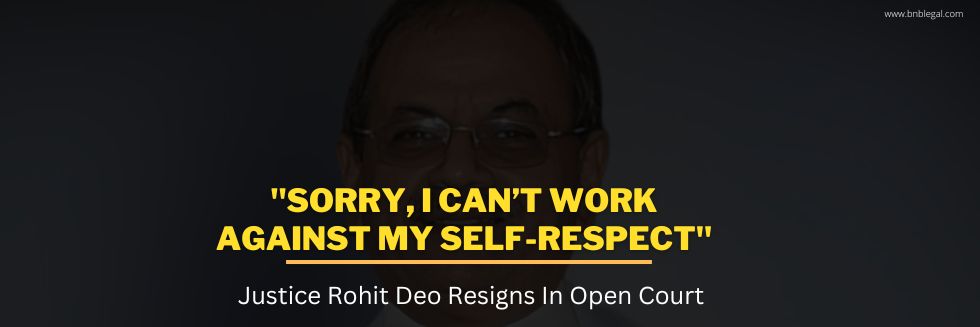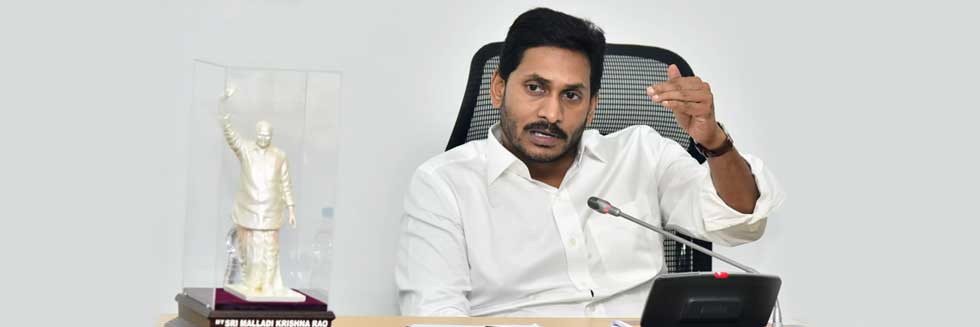Allahabad High Court recently reiterated that pension and post-retirement benefits are considered property. These benefits are protected under Article 300(A) of the Indian Constitution. The bench noted that such benefits can’t be revoked without a lawful provision.
The bench made these observations while hearing a writ petition filed by an individual. The man approached the court after he was terminated from his job because of his conviction in an accident case and was subsequently denied post-retirement benefits .
The Court noted that the petitioner’s behavior was not duly considered, despite it being an essential factor, and emphasized that his dismissal was solely predicated on his conviction.
Citing a precedent from the Supreme Court in the case of State of Jharkhand v. Jitendra Kumar Srivastava & Anr, the Court reaffirmed that pensions and post-retirement benefits are not regarded as gifts; instead, they are considered as property protected by Article 300(A) of the Constitution of India. As a result, these benefits cannot be deprived without lawful provisions. Additionally, the Court stressed the importance of considering an employee’s conduct before terminating their employment, even in cases involving a prior conviction.
The petitioner in question served as a Lekhpal in District-Sultanpur and received two salary increases during his tenure. However, following his conviction for life imprisonment under Sections 302 and 149 of the Indian Penal Code (IPC) due to his involvement in an accident, he was terminated from his position upon superannuation, with the denial of post-retirement benefits. The petitioner subsequently filed a departmental appeal challenging this decision.
The Appellate authority responded that a determination regarding his post-retirement benefits would be made after the final resolution of the case. Not satisfied with this response, the petitioner approached the Court through a Writ Petition, contending that his dismissal did not comply with the provisions of Article 311(2)(a) of the Constitution of India because his behavior was not taken into account.

